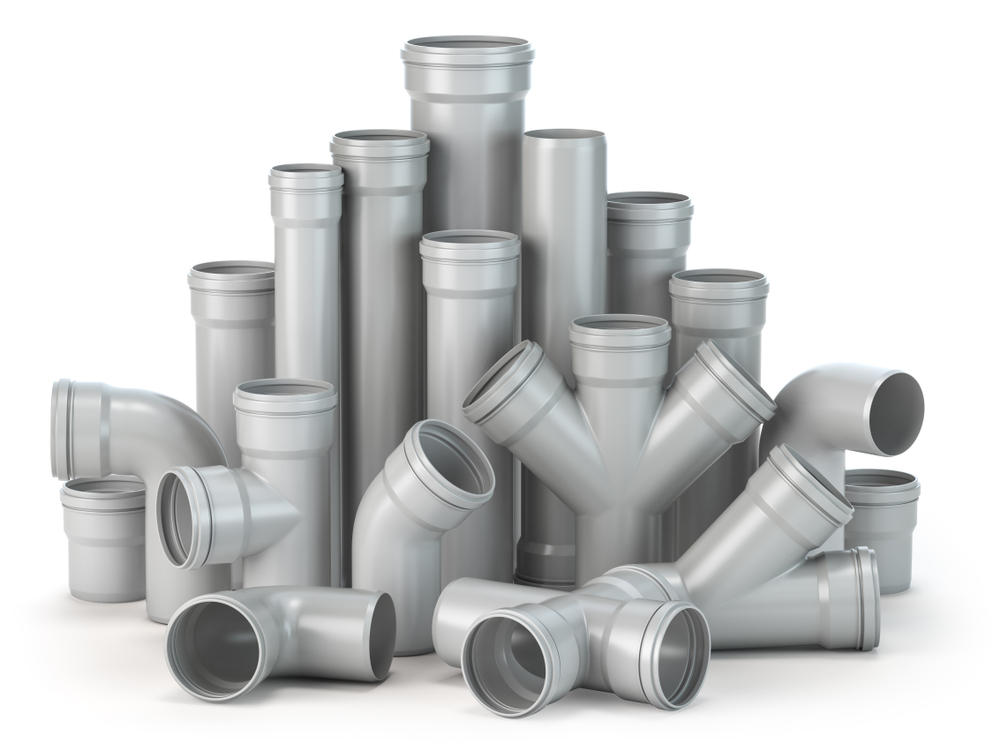
Citizens often send messages to the President of the European Parliament (or to the institution’s public portal) expressing their views on current issues and/or requesting action from the Parliament. The Citizens’ Enquiries Unit (AskEP) within the European Parliamentary Research Service (EPRS) looks into these issues and replies to the messages, which may sometimes be identical as part of wider public campaigns.
The President of the European Parliament recently received a large number of messages on a European Commission’s proposal to amend the rules concerning lead concentration in PVC. Citizens first began to write to the President on this subject in February 2020. The Commission proposed to amend the rules concerning lead concentration in PVC: as a general rule, 0,1 % lead would have been tolerated in PVC, but higher thresholds would have been allowed for recycled PVC. The citizens who wrote to the President of the European Parliament were calling on the Parliament to reject this proposal.
On 12 February 2020, the Parliament voted against the proposal, arguing that the higher levels go against the primary objective of the REACH Regulation. This means that the draft measure will not be adopted by the Commission. The Commission can now submit a new draft, which the European Parliament will also have the power to veto.
Please find below the main points of the reply sent to citizens who took the time to write to the President of the European Parliament on this matter (in English, Italian, German and French).
Main points made in the reply in English
On 12 February 2020, the European Parliament rejected the Commission proposal to amend the rules concerning lead concentration in PVC. The resolution was adopted by 394 votes to 241, with 13 abstentions.
As a result, the draft measure will not be adopted by the Commission. It may however either submit an amended draft or present a new one.
Further information is available in the press release.
Parliament has long held the position that recycling PVC must not perpetuate the problem of heavy metals. Lead in PVC has been phased out in the EU since 2015, due to the EU PVC industry’s voluntary commitment, but lead in PVC can continue to enter the EU via imported PVC products.
Further information on PVC in the EU is available on the Commission’s dedicated webpage.
Additional material on chemicals and EU policies is available in the EP Think Tank, for instance a briefing on Chemicals and the circular economy.
Main points made in the reply in Italian
Il 12 febbraio 2020, il Parlamento europeo ha respinto la proposta della Commissione volta a modificare le norme relative alla concentrazione di piombo nel PVC. La risoluzione è stata adottata con 394 voti favorevoli, 241 contrari e 13 astensioni.
Di conseguenza, il progetto di misura non sarà adottato dalla Commissione. Potrà tuttavia presentare una bozza modificata o presentare una nuova proposta.
Ulteriori informazioni sono disponibili nel comunicato stampa.
Il Parlamento sostiene da tempo che il riciclaggio del PVC non deve perpetuare il problema dei metalli pesanti. Il piombo nel PVC è stato gradualmente eliminato nell’UE dal 2015 grazie all’impegno volontario dell’industria del PVC nell’UE, ma il piombo nel PVC può continuare a entrare nell’UE attraverso i prodotti in PVC importati.
Ulteriori informazioni sul PVC nell’UE sono disponibili sulla pagina web dedicata della Commissione.
È disponibile materiale supplementare sulle sostanze chimiche e le politiche dell’UE presso il gruppo di riflessione del PE, ad esempio il briefing sulle sostanze chimiche e dell’economia circolare.
Main elements of the reply in German
Das Europäische Parlament hat am 12. Februar 2020 den Vorschlag der Kommission zur Änderung der Vorschriften über den Bleigehalt in PVC abgelehnt. Die Entschließung wurde mit 394 Ja-Stimmen bei 241 Nein-Stimmen und 13 Enthaltungen angenommen.
Die Kommission wird diesen Entwurf einer Maßnahme dementsprechend nicht annehmen. Sie kann allerdings einen geänderten oder einen neuen Entwurf vorlegen.
Weitere Informationen finden Sie in der entsprechenden Pressemitteilung.
Das Parlament ist seit langem der Ansicht, dass das Recycling von PVC nicht zu einem Stillstand beim Problem der Schwermetalle führen darf. Die PVC-Industrie in der EU verzichtet seit 2015 freiwillig auf die Verwendung von Blei in PVC, aber es dürfen nach wie vor PVC-Erzeugnisse mit Bleigehalt in die EU eingeführt werden.
Auf der Website der Kommission sind weitere Informationen über PVC in der EU verfügbar.
Weiteres Material über Chemikalien und politische Maßnahmen der EU sind beim Think Tank des EP verfügbar, beispielsweise ein Briefing über Chemikalien im Zusammenhang mit der Kreislaufwirtschaft.
Main elements of the reply in French
Le 12 février 2020, le Parlement européen a rejeté la proposition de la Commission visant à modifier les règles concernant la concentration de plomb dans le PVC. La résolution en question a été adoptée par 394 voix pour, 241 contre et 13 abstentions.
Il s’ensuit que ce projet de mesure ne sera pas adopté par la Commission. Cette dernière peut néanmoins présenter un projet modifié ou un nouveau projet.
D’autres informations sont disponibles dans le communiqué de presse.
Le Parlement estime depuis longtemps que le recyclage du PVC ne doit pas perpétuer le problème des métaux lourds. Depuis 2015, le plomb présent dans le PVC est éliminé progressivement grâce à un engagement volontaire de l’industrie européenne du PVC, mais il peut continuer d’entrer dans l’Union via des produits en PVC importés.
Pour de plus amples informations sur le PVC dans l’Union, veuillez consulter la page web de la Commission consacrée à ce thème.
D’autres documents sur les produits chimiques et les politiques de l’Union en la matière sont disponibles sur le Think Tank du Parlement européen, comme la note d’information intitulée «Chemicals and the circular economy» (les produits chimiques et l’économie circulaire).








[…] Source Article from https://epthinktank.eu/2020/03/27/reply-to-the-campaign-about-the-european-commissions-proposal-to-a… […]